
We need national dialogue, or Iran’s problems will bury us all
We Iranians need a national conversation — an ongoing, daily dialogue to see the dark and bright sides of the challenges our country faces and, hopefully, find practical solutions.

We Iranians need a national conversation — an ongoing, daily dialogue to see the dark and bright sides of the challenges our country faces and, hopefully, find practical solutions.

A resilient anti-sanctions consensus dominated major Western policy circles and media narratives for a decade, but this stance risks undermining international law by normalizing Iran’s sustained nuclear defiance.
Watching Iran burn from afar creates a unique kind of anguish—a sense of guilt that you’re free and safe while your homeland is in pain.
So much has happened since Israel began striking Iran that the killing of IRGC aerospace chief Amir Ali Hajizadeh already feels half-buried—but not to those who lost loved ones on Flight PS752, shot down by the forces under his command.

After five rounds of talks, Tehran and Washington project cautious optimism while persisting on their shared red line: Uranium enrichment inside Iran. But is the program worth the price it has exacted from ordinary Iranians?

Pierre Poilievre, a contender to become Canada’s next prime minister, has vowed to purge the country of “IRGC thugs” who, he says, feast on “stolen money from the Iranian people.” If elected on Monday, will he—or can he—deliver?

The campaigns against advocates of Tehran interests outside Iran is not about stifling debate but ensuring a balanced one, with dissenting voices challenging those more aligned with the Islamic Republic.

Iran's Supreme Leader on Sunday openly opposed Syria's new government, spoke of the need to overthrow it, and announced plans to form a group to combat the Damascus administration.

Recent explosions of Hezbollah communication devices in Lebanon and Syria have triggered a complex web of reactions among Iranians, whose government is the primary backer of the armed group.

As we mark the 36th anniversary of the 1988 mass execution of political prisoners in Iran, we are confronted with a stark reminder of the ongoing repression that persists in silencing the voices of those who demand justice.

Iranian rights activists see Javaid Rehman's 2024 report on the human rights situation in Iran as a monumental victory for justice and a beacon of hope for the Iranian people and advocates worldwide.

A former Donald Trump top advisor revealed to Iran International that a second Trump presidency may have a 'zeal for a deal,' leading to negotiations with the Iranian government and a lessening of confrontations.

In the midst of the second round of presidential elections in Iran, which saw a historic low turnout by the majority of voters, the issue of ballot boxes in Western countries sparked widespread protests among the Iranian diaspora.

As Iran approaches its next presidential election on Friday, the mood among a significant segment of the electorate is one of deep skepticism and disillusionment.

The decision by the Swedish government to return Hamid Nouri, a convicted criminal against humanity, to Iran in exchange for hostages marks a dangerous precedent with far-reaching consequences.

In recent events at Princeton University, a stark contrast emerged between the peaceful protest by a group of Iranians—who have personally suffered under the brutality of the Islamic ruling system—and a sit-in by some US students.
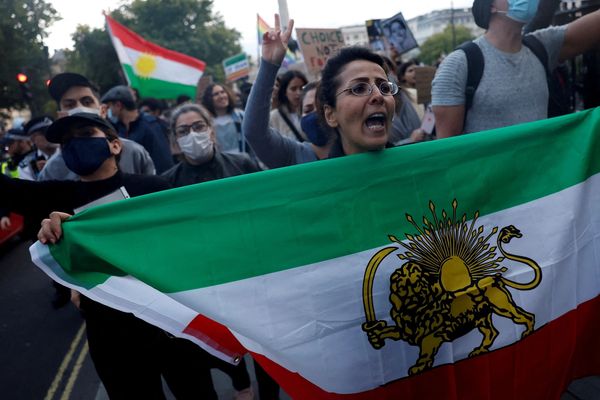
The true essence of Iranian patriotism is occasionally obscured or mischaracterized in Western media, contributing to a lack of understanding about its distinctive qualities.
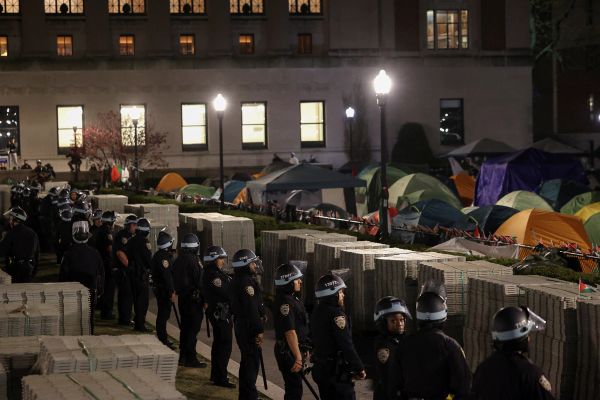
Protests at American university campuses may have had other goals, but their narrative instead served as clear evidence of how Islamists and Marxists can collaborate against Western values and US interests.
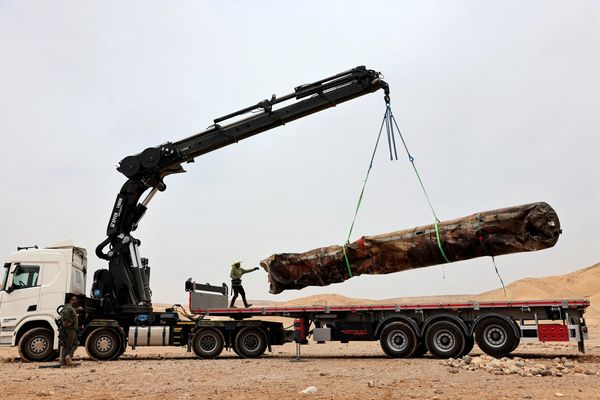
In response to Iran’s missile and drone attacks on Israel, the European Union and the United States announced their intention to impose more sanctions on those involved in Tehran’s weapons proliferation.
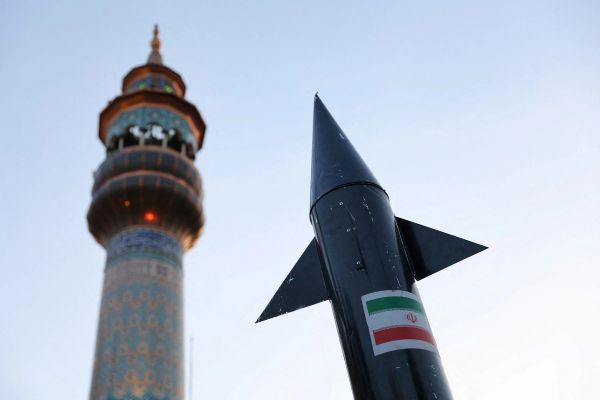
In assessing the statements of analysts and commentators about Iran’s foreign policy and human rights record, it is essential to be aware of their relationship with the government in Tehran.
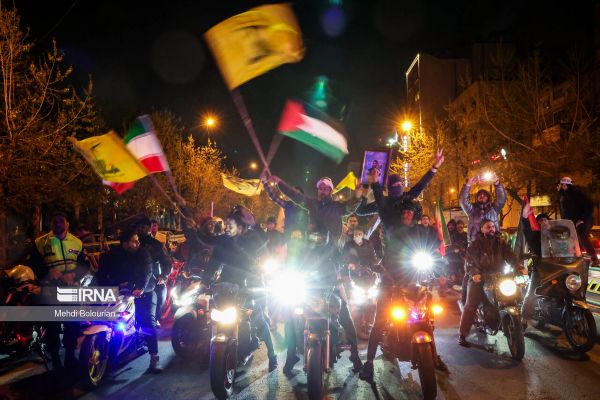
Iranian regime’s direct retaliation against Israel from Iran’s soil establishes beyond any doubt that the ruling clerics are reeking in desperation in the face of Israel’s humiliating April 1 strike.

Analysis - The inconsistency of US policy on Iran has enabled Tehran to boost its revenue and rapidly expand its nuclear program, while emboldening it to brutalize the Iranian people.